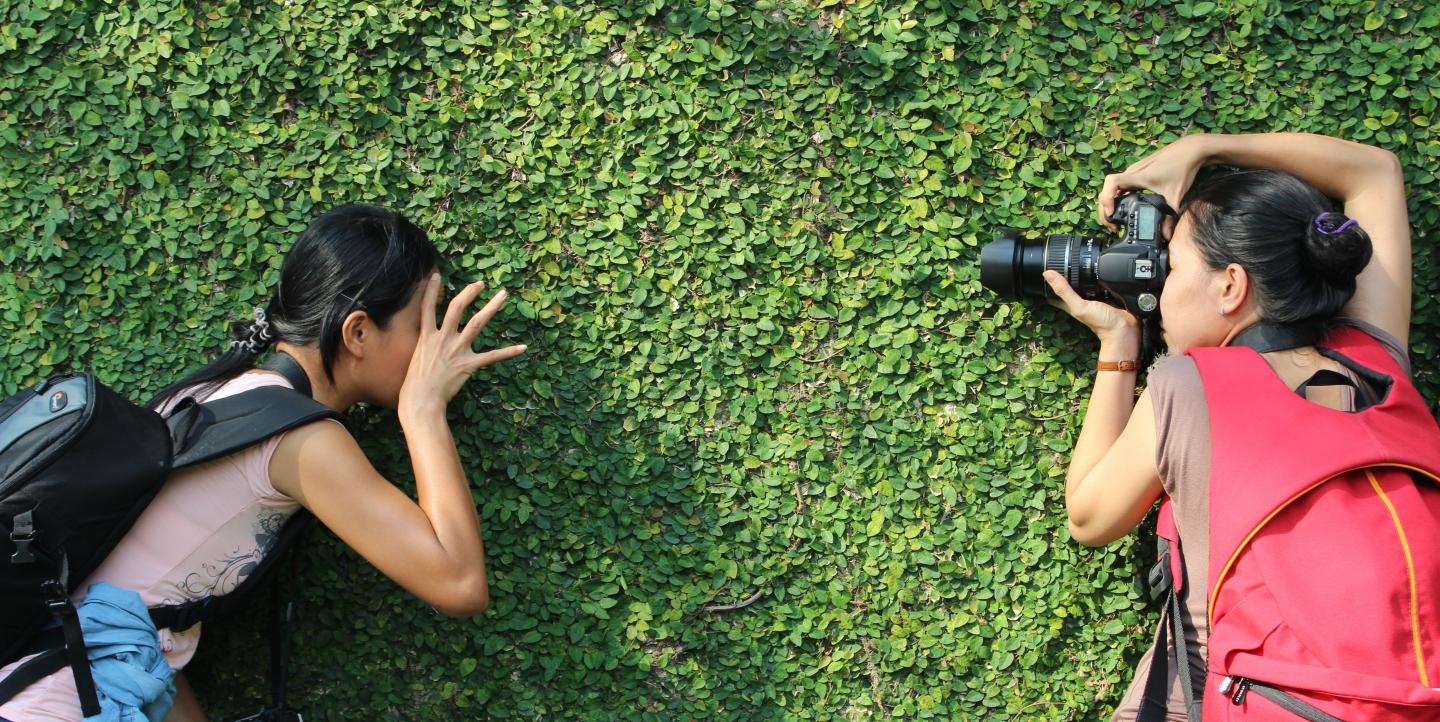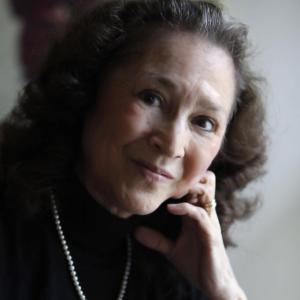The initiative, Women Photograph, was born out of sheer frustration.
Award-winning photojournalist Daniella Zalcman kept hearing a familiar refrain from photo editors. They would be happy to hire women photographers for assignments, but they didn’t know where to find them. In February 2017, she sought to remedy that by creating an online directory of photographers.
The directory has grown to include 700 women in 91 countries, including Iraq, the Democratic Republic of Congo, Israel, Somalia and Iran. “The response has been great,” said Zalcman, a documentary photographer based in London and New York and a fellow with the International Women’s Media Foundation.
The website encourages picture editors, creative directors or anyone who routinely hires photographers to reach out for an electronic database of members, which includes information about their geographic location and areas of expertise.
The stated mission of the initiative is “to shift the gender makeup of the photojournalism community and ensure that our industry's chief storytellers are as diverse as the communities they hope to represent.”
For years, she noticed that a meager 15 percent of the entrants to the prestigious World Press Photo Awards were women. She found that to be “outrageous.”
“We need to make sure the stories we are telling come from a diverse group of journalists if we want to responsibly cover our planet,” said Zalcman. “The photo industry has been and still remains a very white heterosexual male institution.”
A February 2017 New York Times’ story reported that 80 to 100 percent of images in collections of the most significant photos of 2016 in many major publications were taken by male photographers.
Zalcman doesn’t think those figures necessarily indicate bias in the selection of photographs. Rather they suggest that “women are not getting many of the most important assignments from the wire services, newspapers or magazines, and that there are still telling gender disparities in the industry,” she said in the Times’ story.
Zalcman thinks that women photographers see differently than men.
“Whether you break [identity] down based on gender or race or nationality or socio-economic status, we all have different life experiences,” said Zalcman. “Our experiences inform how we see the world, how we tell other peoples’ stories and how we relate to those we photograph and write about.”
“The female experience is extremely different than the male experience. We need to be as diverse as our audience and subjects.”
Besides the online directory of women photographers, the website also offers information about::
A year-long mentorship program that pairs 22 industry leaders (11 photographers and 11 photo editors) with 22 early-career photojournalists. Mentors include editors from National Geographic, NPR, The New York Times and The Guardian, and photographers who are the recipients of the Pulitzer Prize, Guggenheim Fellowships and World Press Photo awards.
A list of women’s photo organizations, including Sahar Speaks, which offers training, mentoring and publishing opportunities to Afghan female journalists; Lumina Collective, an Australian collective made up of award-winning photographic artists with a focus on diversity and inclusion and Women Photojournalists of Washington, a nonprofit with over 250 members based in and around Washington, D.C.
Project grants from Nikon and Getty images for women, trans or non-binary photographers.
A travel fund to help female photographers access workshops, festivals and other developmental opportunities.
An awards and grants calendar that lists deadlines and requirements.
Zalcman, a Columbia University graduate, won the 2016 FotoEvidence Book Award for a publication created from her ongoing project “Signs of Your Identity” about forced assimilation boarding schools for indigenous children. The project, supported by the Pulitzer Center on Crisis Reporting, won the 2017 Robert F. Kennedy Photography – International Award.
Women Photograph is currently seeking nominations for female, female-identifying and non-binary photographers with less than five years of professional work experience. If you or someone you know fits this description and would benefit from ongoing support, email hello@womenphotograph.com.
Main image CC-licensed by Unsplash via Tam Nguyen.


